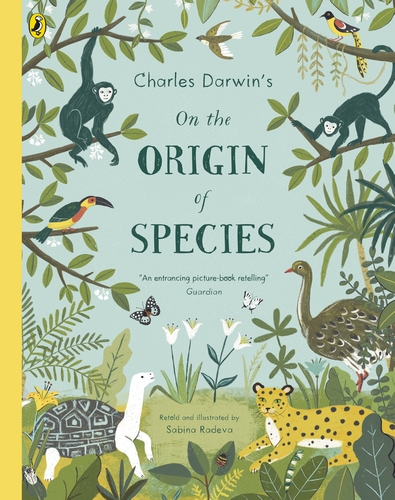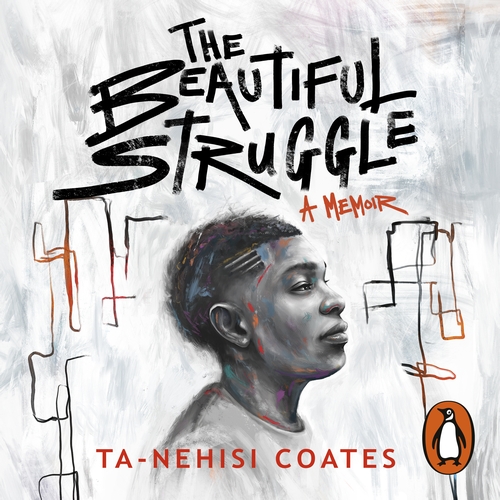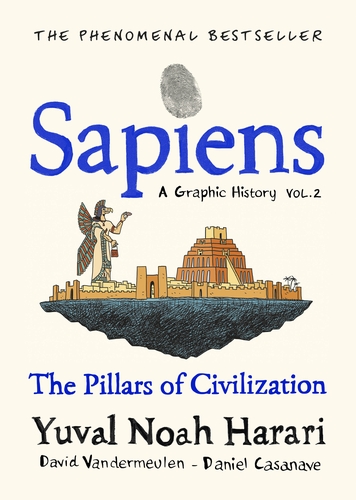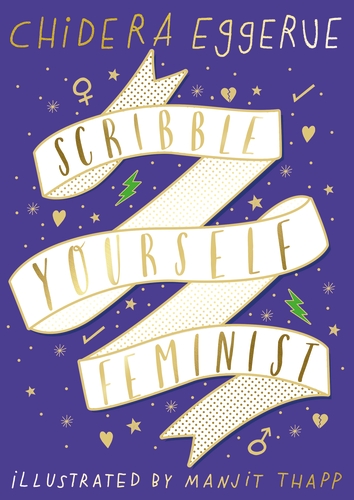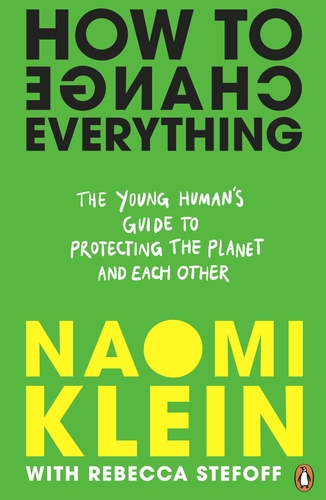Author:Deborah Lipstadt

The powerful and deeply disturbing book that was at the heart of the David Irving libel case, now dramatized in the film Denial.
The denial of the Holocaust has no more credibility than the assertion that the Earth is flat. Yet there are those who insist that the death of six million Jews in Nazi concentration camps is nothing but a hoax perpetrated by a powerful Zionist conspiracy. For years those who made such claims were dismissed as harmless cranks operating on the lunatic fringe. But they have now begun to gain a hearing in respectable arenas.
In this famous book, reissued now to coincide with the film based on the legal case it provoked, Denial, Deborah Lipstadt shows how--despite tens of thousands of witnesses and vast amounts of documentary evidence--this irrational idea not only has continued to gain adherents but has become an international movement, with 'independent' research centres, and official publications that promote a 'revisionist' view of recent history. Denying the Holocaust argues that this chilling attack on the factual record not only threatens Jews but has an unsuspected power to dramatically alter the way that truth and meaning are transmitted from one generation to another.
Strong medicine... An antidote to the moral and intellectual virus that has spread from the crackpot fringe to the very heart of public discourse in the media, the courts and the world's universities.
—— Los Angeles TimesImportant and impassioned... it illuminates with skill and clarity, not only the peculiarly disturbing world of the Holocaust deniers, but also the methods they have used to distort history, the motives that have driven them to do so, and the vulnerabilities of our educational systems, our culture, and ourselves that have made so many in our society ready to listen to them.
—— New York Times Book ReviewRiveting…There are many memoirs by Chinese imprisoned during the Cultural Revolution (1966-76), but I’ve never read one, by a loyal Party member, like this…While books such as this cannot be openly sold in China, Xu Hongci’s will of course be smuggled in and will amaze readers, especially those under forty.
—— JONATHAN MIRSKY, Literary ReviewWhile there are notable victims' accounts of Nazi and Soviet atrocities, there has largely been silence from those who actually suffered at first hand the worst of Red China's astounding inhumanity to its own people. Xu's moving account [is] a must-read
—— DAILY MAILXu Hongci is China’s Louis Zamperini, an ordinary man who simply refused to be broken. To understand the deepest source of China’s rise, read Xu Hongci's astonishing epic, a tale of ingenuity, bravery and, most importantly, unshakeable determination. Xu’s chronicle, masterfully translated by Erling Hoh, is the story of modern China itself: the struggle for freedom of body and mind.
—— EVAN OSNOS, China correspondent at the New Yorker and author of the acclaimed Age of AmbitionI am struck by the freshness of Xu Hongci’s whole story. We have plenty of reminiscences by intellectuals and party officials in China, but it is rare to find memoirs of ordinary people. And most tend to focus on the Cultural Revolution, whereas Xu Hongci starts his account with the Second World War, giving the reader a much better sense of how the entire Maoist era evolved over time. While most memoirs tell us how the victims are eventually crushed by an unforgiving system, one of the most striking aspects of Xu’s account is his determination to gain freedom. Xu escapes again and again, his moral integrity seemingly unbroken.
—— PROF FRANK DIKOTTER, author of Mao’s Great FamineAn important book: the gripping and deeply moving account of a man's lifelong struggle to reach freedom, driven by an indomitable will to survive in Mao's China.
—— XIAOLU GUA, author of Once Upon a Time in the EastAn understated tribute to those who suffered, and a thrilling account of numerous acts of defiance: small or large, often costly.
—— SUNDAY TELEGRAPHGripping... an inspiring story of the strength of the human spirit in the face of greed and cruelty.
—— SOUTH CHINA MORNING POSTReads like a Hollywood film - but this account is true.
—— PRESS ASSOCIATION 'Book of the Week'There are escape stories and then there is this. It deserves to become a classic, like Jung Chang's Wild Swans, not only for Xu Hongci's survival against the odds, but for confronting us unsparingly with what happens when folly and intolerance meet unfettered political power.
—— THE NATIONAL (Scotland)[Xu Hongci] takes the reader on a turbulent and fraught journey of capture, escape, evasion, survival and love. Translated with immense skill and talent, it's a thrilling read.
—— The BookbagA masterpiece…Xu is the only known escapee from Mao’s prisons
—— Washington PostGripping, moving and eye-opening
—— Asian Review of BooksA Translation of Love is an unusual historical novel, one suggesting that even in a hopeless situation and a rapidly changing world, perseverance, loyalty, and resourcefulness go a long way.
—— Everyday EbookOne of the themes that stood out in the novel was the many layers of change—people and countries shifting, and the tension that comes with that. On the micro level, you have a young girl adjusting to a culture that’s at once her own and totally new, while on the macro level Japan is in a huge state of flux.
—— Paste MagazineA heady blend of detailed historical research and compelling storytelling ... an elegant, moving debut
—— The Japan TimesOffers insight into the minds of those who lived through this time, showing the difficulty of starting over when everything you know has been lost [and] book showcases the strength of character and determination that helped Japan rebuild itself.
—— Historical Novels ReviewA charming and touching novel... sensitively written
—— Sandra DanbyThe Translation of Love is a rarity: a haunting mystery that is also a moving coming-of-age story. A remarkable, beautiful first novel.
—— Chris Bohjalian, author of 'The Guest Room' and 'Close Your Eyes, Hold Hands'Few writers can boast such a literary heritage as Juliet Nicolson, granddaughter of Vita Sackville-West and Harold Nicolson, who turns her astute historian’s eye onto her own family history.
—— Choice MagazineAn engaging history-cum-memoir… Strongest when exploring the tender relationship between Nicolson and her father after her mother’s death as a result of alcoholism, her own struggles with the same condition, the knife-twist of grief when one loses a parent, and the emotional rush of motherhood.
—— Natasha Tripney , GuardianI would recommend everyone to read this book
—— CB Patel , Asian VoiceJuliet Nicolson is firing on all cylinders ... She is able to write about powerful emotion in a way that is both heartfelt and unselfconscious ... It makes the book perfectly personal as well as a fascinating history
—— William BoydThis book is a marvellous illustration of the often forgotten fact that people in history were real, with real ambition, real passion and real rage. All these women took life by the throat and shook it. It’s a wonderful read, and a powerful reminder of the significance of our matrilineal descent
—— Julian FellowesJuliet Nicolson's book will engage the hearts and minds of daughters and sons everywhere. She has turned my attention to much in my life, and I am full of admiration for her clarity and gentleness
—— Vanessa RedgraveI loved A House Full of Daughters. I was initially intrigued, then gripped, and then when she began writing about herself, deeply moved and admiring of the way in which she charted her own journey. An illuminating book in which she charts the inevitability of family life and the damage and gifts that we inherit from the previous generations
—— Esther FreudA fascinating, beautifully written, brutally honest family memoir. I was riveted. This is a book to read long into the night
—— Frances OsborneI was riveted... She is so astute about mother/daughter relationships and the tenderness of fathers and daughters. She deeply understands the way problems pass down through generations... I congratulate her on her fierce understanding.
—— Erica JongJuliet Nicolson’s writing is so confident and assured. She combines the magic of a novelist with the rigour of a historian, and the result is thrilling and seriously powerful
—— Rosie BoycottOnce I started it was impossible to stop. I was totally absorbed by Juliet Nicolson's large-souled approach to family memoir down the generations, drawing the reader into lives that reverberate with achievement and suffering... movingly original
—— Lyndall GordonA moving and very revealing account of seven generations of strong and yet curiously vulnerable mothers and daughters
—— Julia BlackburnAn outstanding book about a gifted, unconventional family told through the female line. Insightful, painfully honest, beautifully written and full of love, wisdom, compassion, loss, betrayal and self-doubt. A House Full of Daughters will resonate down the years for all who read it
—— Juliet GardinerAn engaging memoir in which Nicolson lays bare discoveries about herself, but also gives a fascinating inside take on her renowned, and already much scrutinized, forebears. She also has much that is thought-provoking to say about mothers and daughters, marriage and the way in which damaging patterns can repeat down generations.
—— Caroline Sanderson , BooksellerNicolson is perceptive on difficult mother-daughter relationships.
—— Leyla Sanai , IndependentA fascinating personal look at family, the past and love.
—— Kate Morton , Woman & HomeBeautifully written history… She has as easy and elegant a style as her many writer relations, so this book is seductively readable. It could be described as a late addition to the ‘Bloomsbury’ shelves, but that should not put off anyone who feels enough has been said about that particular group. I found it touching and fascinating. In admitting that Nigel Nicolson was a friend, I can say with confidence that he would have been painfully proud of his daughter’s candid confession.
—— Jessica Mann , BookOxygenHighly readable, no-holds barred tale.
—— Jenny Comita , W MagazineNicolson has written a poignant and courageous history.
—— Daily TelegraphThe most enjoyable book to take on holiday would undoubtedly be Juliet Nicolson’s A House Full of Daughters… It is ideal holiday reading.
—— Lady Antonia Fraser , GuardianA simple premise looking at seven generations of women in one family, but it's got all the juicy bits of several novels in one
—— Sarah Solemani , You Magazine[An] ambitious memoir.
—— Lady, Book of the YearAn entrancing book… A poignant, well-written memoir-cum-social history
—— Sebastian Shakespeare , Daily Mail, Book of the YearA fine family memoir.
—— Daily MailThis engrossing book charts seven generations of a family who were obsessive documenters of their lives through diaries, letters, memoirs and autobiographical novels… Interwoven with the personal is a portrait of society’s changing expectations of women, and the struggle to break free from patriarchy. Here, brilliantly laid bare, are both the trials of being a daughter and of documenting daughterhood in all its complexity.
—— Anita Sethi , ObserverA charming book about the female side of Nicolson’s family tree.
—— i